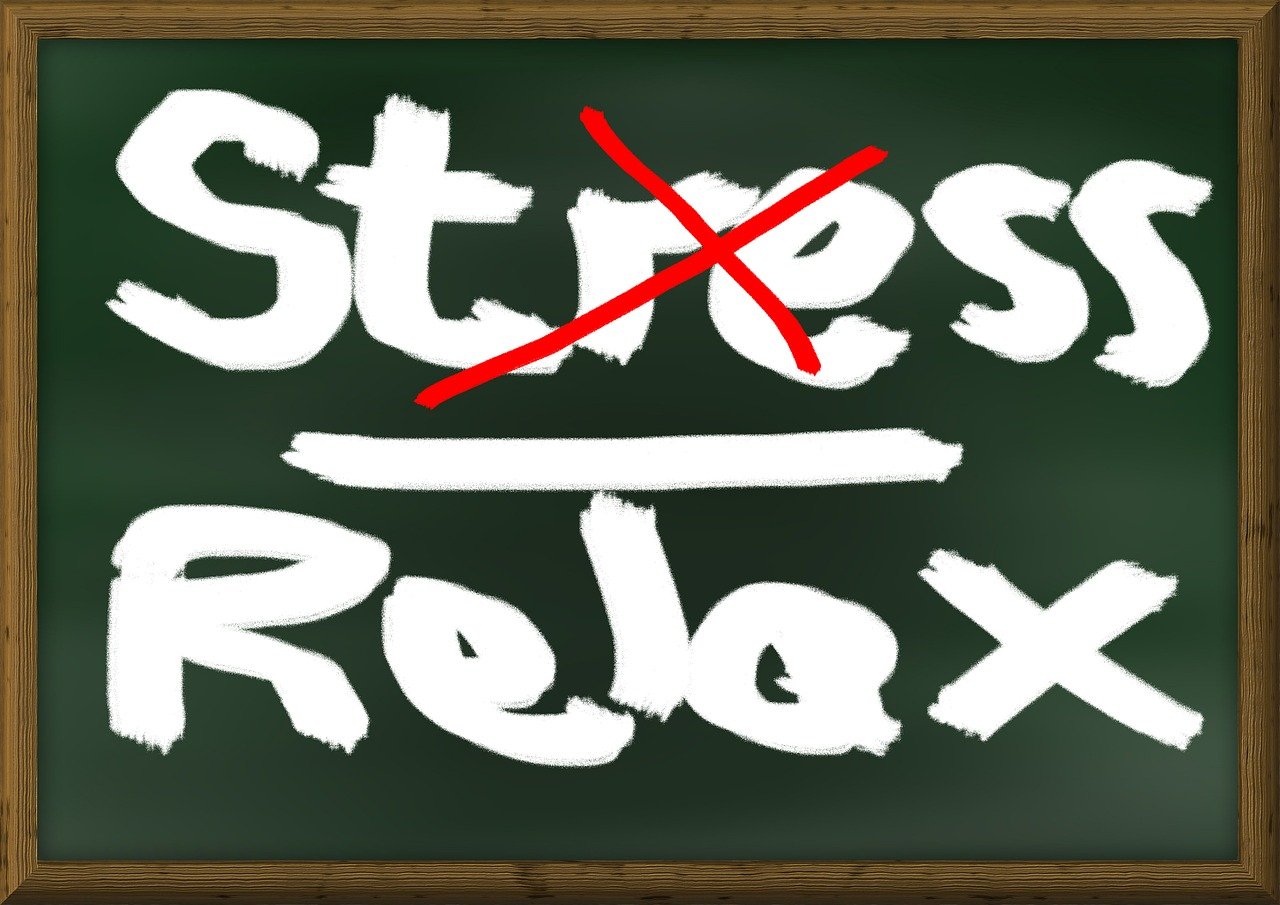How to Create a Self-Care Routine That Fits Your Busy Career
In today’s fast-paced and demanding work environment, it’s easy to neglect self-care. Many professionals find themselves caught up in the never-ending cycle of work, leaving little time for personal well-being. However, creating a self-care routine that fits your busy career is not only essential for your physical and mental health but also for your overall productivity and success. In this article, we will explore effective strategies and practical tips to help you prioritize self-care and find a routine that works for you.
The Importance of Self-Care in a Busy Career
Before diving into the strategies, let’s first understand why self-care is crucial, especially for individuals with busy careers. Here are a few key reasons:
- Improved mental health: Taking care of yourself can help reduce stress, anxiety, and burnout, leading to better mental well-being.
- Increased productivity: When you prioritize self-care, you recharge your energy levels, allowing you to be more focused, creative, and productive in your work.
- Better work-life balance: Incorporating self-care into your routine helps create a healthy balance between your personal and professional life, preventing work from taking over completely.
- Enhanced physical health: Self-care practices such as exercise, proper nutrition, and sufficient sleep contribute to better physical health, reducing the risk of illnesses and improving overall well-being.
Identify Your Self-Care Needs
Self-care looks different for everyone, so it’s important to identify your specific needs and preferences. Start by reflecting on the areas of your life that require attention and improvement. Consider the following aspects:
- Physical well-being: Are you getting enough exercise, eating a balanced diet, and getting sufficient sleep?
- Emotional well-being: How do you manage stress and emotions? Do you have healthy coping mechanisms?
- Social connections: Are you nurturing your relationships with family, friends, and colleagues?
- Mental stimulation: Are you engaging in activities that challenge and stimulate your mind?
- Leisure and hobbies: Do you have time for activities you enjoy and that bring you joy?
By understanding your specific needs, you can tailor your self-care routine to address those areas effectively.
Make Self-Care a Priority
Once you have identified your self-care needs, it’s crucial to make self-care a priority in your life. Here are some strategies to help you do that:
- Schedule it: Treat self-care activities as non-negotiable appointments with yourself. Block out specific time slots in your calendar dedicated solely to self-care.
- Set boundaries: Learn to say no to excessive work demands and commitments that encroach on your self-care time. Establish clear boundaries between your personal and professional life.
- Start small: If you’re struggling to find time for self-care, start with small, manageable activities. Even a 10-minute meditation session or a short walk can make a significant difference.
- Delegate and outsource: Identify tasks that can be delegated or outsourced to free up time for self-care. This could include hiring a virtual assistant or asking for help from colleagues or family members.
Integrate Self-Care into Your Daily Routine
Creating a self-care routine that fits your busy career requires integrating self-care practices into your daily life. Here are some practical tips to help you achieve that:
- Morning rituals: Start your day with activities that promote self-care, such as meditation, journaling, or a healthy breakfast. Wake up a bit earlier if needed to allow time for these practices.
- Lunch breaks: Instead of working through your lunch break, use this time to engage in self-care activities. Go for a walk, read a book, or practice mindfulness.
- Micro-breaks: Take short breaks throughout the day to recharge. Stretch, do breathing exercises, or listen to calming music to relax your mind and body.
- Evening wind-down: Establish an evening routine that helps you unwind and prepare for a restful sleep. This could include activities like reading, taking a warm bath, or practicing relaxation techniques.
Adapt and Evolve Your Routine
As your career and personal circumstances change, it’s important to adapt and evolve your self-care routine accordingly. Here’s how:
- Regular evaluation: Assess your self-care routine periodically to determine its effectiveness. Identify areas that need improvement or adjustment.
- Flexibility: Be flexible and open to modifying your routine as needed. Life can be unpredictable, and your self-care routine should be adaptable to accommodate unexpected changes.
- Experimentation: Don’t be afraid to try new self-care practices and activities. Experimentation can help you discover what works best for you and keep your routine fresh and engaging.
Case Study: Sarah’s Self-Care Routine
To illustrate the effectiveness of a well-designed self-care routine, let’s consider the case of Sarah, a busy marketing executive. Sarah used to neglect self-care, often feeling overwhelmed and exhausted. However, after implementing a self-care routine, she experienced significant improvements in her well-being and work performance.
Sarah’s self-care routine includes:
- Waking up 30 minutes earlier to practice yoga and meditation.
- Taking a 15-minute walk during her lunch break.
- Setting aside 10 minutes each day for journaling and reflection.
- Engaging in a hobby she enjoys, such as painting or playing an instrument, for at least 30 minutes in the evening.
By incorporating these self-care practices into her daily routine, Sarah noticed a significant reduction in stress levels, improved focus and creativity at work, and a better overall work-life balance.
Conclusion
Prioritizing self-care in a busy career is essential for maintaining your physical and mental well-being, as well as enhancing your productivity and success. By identifying your self-care needs, making self-care a priority, integrating it into your daily routine, and adapting as necessary, you can create a self-care routine that fits your busy career.



